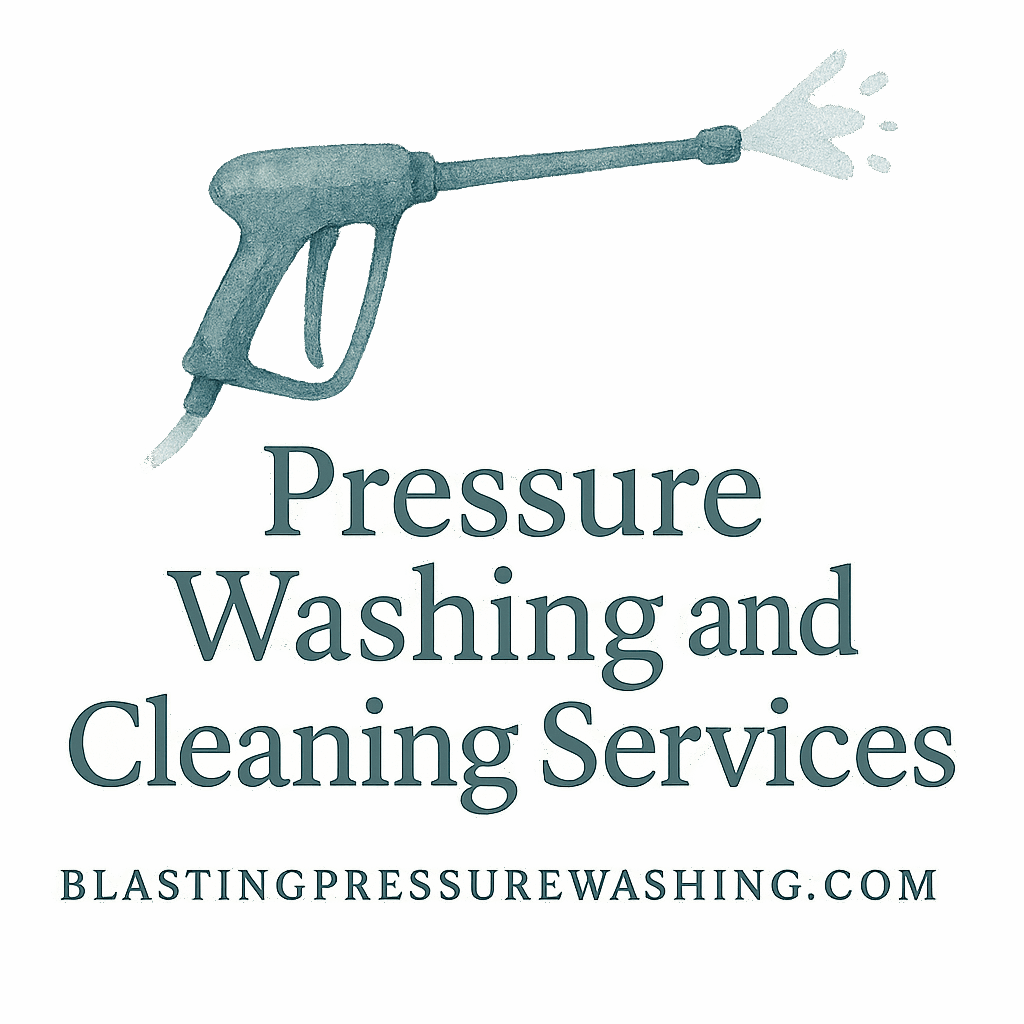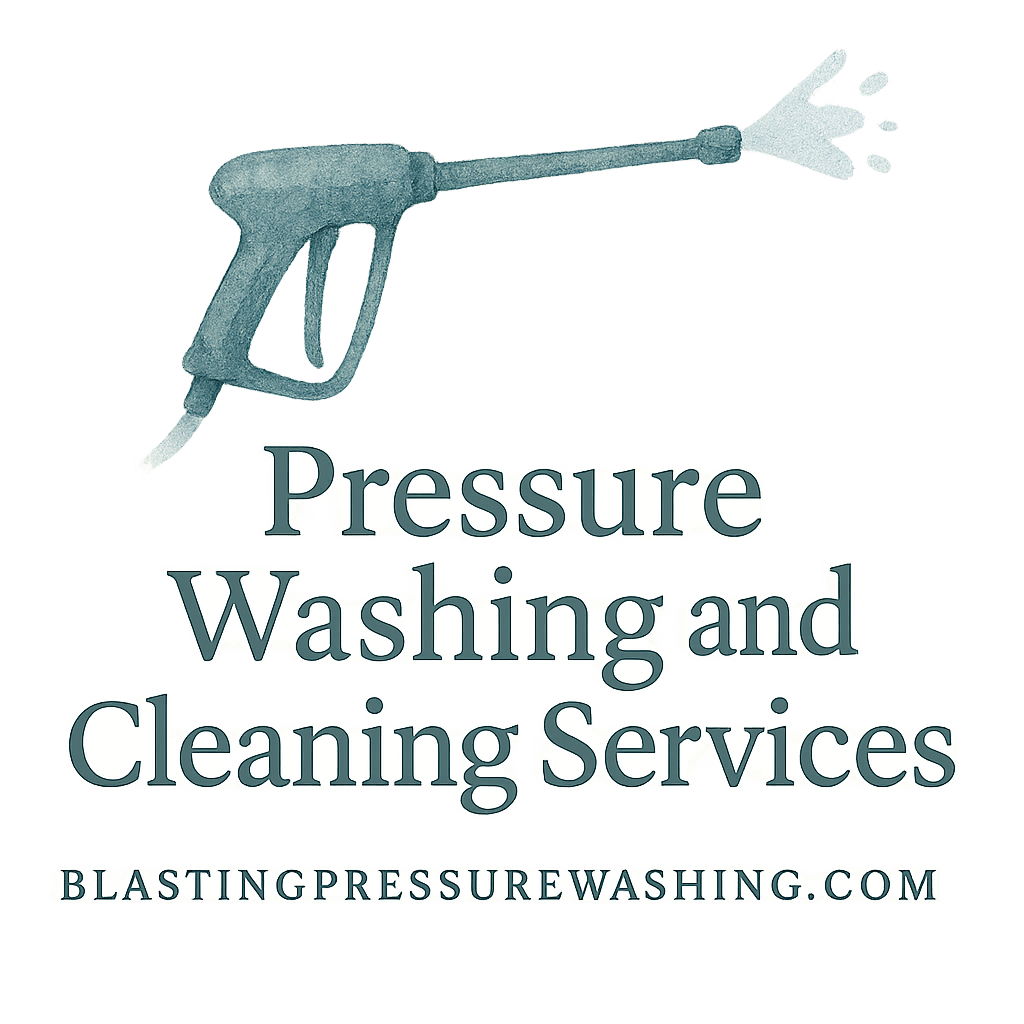Introduction
Ever noticed that hot water seems to clean better than cold water? That same principle applies when it comes to pressure washing. While cold water pressure washers are great for basic cleaning, hot water pressure washing takes it to a whole new level—especially for tougher jobs.
In this article, we’re diving deep into the 5 key benefits of using hot water in pressure washing, why it’s more effective in certain situations, and how it can save you both time and money.
What Is Hot Water Pressure Washing?
The Basics of Pressure Washing
Pressure washing uses high-powered water jets to blast away dirt, grime, and buildup from surfaces. It’s commonly used on sidewalks, siding, driveways, decks, and more.
How Hot Water Makes a Difference
Hot water introduces a thermal component to the process, which makes it far more effective at breaking down:
- Oils
- Greases
- Germs
- Stubborn buildup
Think of it like washing greasy dishes—hot water just works better. Let’s explore the key benefits in more detail.
Benefit 1: Superior Grease and Oil Removal
Why Cold Water Falls Short
Cold water alone can struggle to remove oils or sticky substances, especially on driveways or garage floors. These residues cling to surfaces and need more than just pressure—they need heat.
Real-Life Examples of Grease Removal
Hot water pressure washers are ideal for:
- Gas stations with oil stains
- Restaurant patios with food grease
- Auto shop floors
When used with the right detergents (see related info), hot water effortlessly lifts these materials away without much scrubbing.
👉 Want to learn more about cleaning agents? Visit our cleaning agents tag.
Benefit 2: Faster and More Efficient Cleaning
The Science Behind It
Hot water loosens dirt and grime faster than cold water. The heat helps dissolve sticky residues, making the pressure washing process more efficient.
Saving Time and Labor Costs
Time is money, especially in commercial jobs. Hot water can:
- Cut cleaning time in half
- Require fewer passes
- Decrease water and detergent use
This means lower labor costs and quicker job completion. For businesses, check out our commercial pressure washing services.
Benefit 3: Better Sanitization and Disinfection
Killing Germs with Heat
Hot water isn’t just good for cleaning—it’s excellent for sanitizing. Many pathogens can’t survive high temperatures, making hot water pressure washing perfect for:
- Outdoor eating areas
- Playgrounds
- Public benches and handrails
Commercial Applications
Food prep zones, loading docks, and healthcare facilities can all benefit from this level of deep cleaning. It adds a layer of hygiene you won’t get with cold water alone.
Check out how this ties into environmental and safety benefits.
Benefit 4: Enhanced Surface Restoration
Removing Stains, Mold, and Algae
Got rust stains, algae streaks, or stubborn dirt? Hot water works wonders by:
- Breaking chemical bonds
- Killing mold spores
- Lifting embedded dirt
This helps restore surfaces like new, especially in exterior home cleaning. Learn more at our residential pressure washing hub.
Hot Water on Delicate Surfaces
Using hot water with care allows safe cleaning of:
- Wood decks
- Stucco
- Painted surfaces
It’s all about choosing the right pressure and nozzle type. Learn about different pressure washing tools and techniques.

Benefit 5: Reduced Use of Harsh Chemicals
Eco-Friendly Cleaning
Hot water reduces the need for strong chemicals because the heat does much of the work. This means it’s better for:
- Landscaping
- Pets
- Local water systems
For homeowners committed to eco-friendly solutions, hot water pressure washing is a great move.
Cost Savings Over Time
Less chemical use = more money saved. Over time, this can mean hundreds in savings on supplies alone.
Explore more about sustainability in pressure washing here.
Residential vs. Commercial Hot Water Pressure Washing
Homeowner Use Cases
Hot water pressure washing is great for:
- Driveways with motor oil
- Greasy patios or BBQ areas
- Mildew on siding
Get more advice on seasonal pressure washing tips.
Business and Industrial Cleaning Needs
Businesses with high foot traffic or machinery often need deeper, faster cleaning. Hot water:
- Maintains cleanliness standards
- Improves curb appeal
- Extends surface longevity
Seasonal Considerations for Hot Water Pressure Washing
Best Times of Year to Use Hot Water
Hot water pressure washing is especially effective during:
- Late fall (to prep for winter grime)
- Spring (after pollen and mildew buildup)
- Summer (for grease-heavy patios)
See more on cleaning season insights.
Weather and Temperature Impact
Cold outdoor temps may affect water heater efficiency. Always:
- Insulate hoses
- Use antifreeze systems
- Avoid freezing pipes
Choosing the Right Equipment
Hot Water Pressure Washer Types
There are three main types:
- Electric-powered with heating coil
- Gas-powered units
- Diesel-fueled industrial machines
Choose based on your cleaning intensity and frequency. For more, visit Blasting Pressure Washing.
Safety Considerations
Hot water and high pressure can be dangerous if misused. Always:
- Wear gloves and goggles
- Keep distance from the nozzle
- Use proper nozzles for surface type
Need help picking the right tools? Head over to our pressure washing tools guide.
Conclusion
Hot water pressure washing isn’t just a fancy upgrade—it’s a game changer. From faster grease removal to better sanitization and eco-friendly performance, it’s clear why so many pros and homeowners prefer it. When done right, it boosts cleaning results while cutting costs and time.
Whether you’re maintaining your home’s curb appeal or managing a busy commercial property, switching to hot water pressure washing is a smart move for the long term.
Explore more benefits at our main site, and don’t forget to bookmark our guides on residential and commercial pressure washing.
FAQs
1. Is hot water pressure washing safe for all surfaces?
Not always. Avoid using hot water on softwoods, painted surfaces, and delicate masonry without proper nozzles and settings.
2. Does hot water pressure washing use more energy?
Yes, slightly—but it reduces chemical and water use, balancing out overall environmental impact.
3. Can I convert my cold water pressure washer into a hot one?
Not effectively. Hot water units are built with heaters and parts rated for higher temperatures.
4. What types of stains are best removed with hot water?
Grease, oil, algae, mildew, and some chewing gums are much easier to remove with hot water.
5. Is hot water pressure washing more expensive?
Initial equipment costs more, but you’ll save on time, labor, and cleaning agents.
6. How often should I use hot water pressure washing?
For homeowners, 1–2 times per year. For businesses, every 1–3 months, depending on foot traffic and grime level.
7. Can I hire a pro for hot water pressure washing?
Absolutely. Visit Blasting Pressure Washing to schedule your service today!


